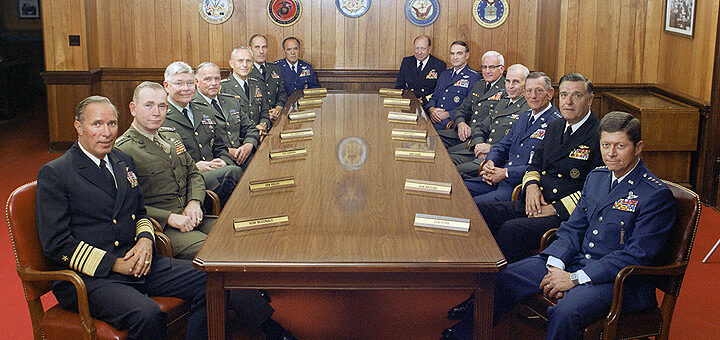Glenn here looking at each of the 15 Academy’s documentary finalists from which five will be nominated for the Oscar.
 In the first part of this three-part series, we looked at social activists, rape survivors and famous artists in documentaries that took us from Pakistan to America to Britain to Africa. This selection of films is even more globe-trotting as we look at a group of documentaries that show us the conflict across several continents and the personal traumas that come with it. They include some of the best and worst films of the year.
In the first part of this three-part series, we looked at social activists, rape survivors and famous artists in documentaries that took us from Pakistan to America to Britain to Africa. This selection of films is even more globe-trotting as we look at a group of documentaries that show us the conflict across several continents and the personal traumas that come with it. They include some of the best and worst films of the year.
WHERE TO INVADE NEXT
Director: Michael Moore (one nomination, one win)
Synopsis: In typically irreverent fashion, Michael Moore visits foreign nations in an effort to learn how they deal with social problems differently to the United States.
Festivals: Toronto (premiere), New York, Chicago, Hamptons
Awards: Chicago International Film Festival (Audience Choice Award), Hamptons International Film Festival (Audience Award)
Nominations: BFCA, Austin Film Critics, Chicago Film Critics, Houston Film Critics, Phoenix Film Critics, Satellite Awards
Box-Office: Qualifying run; theatrical release in February, 2016.
Review: Manuel was more forgiving, but I thought it was utterly disgraceful!
More about Invade plus we go to Ukraine, Mexico, Africa and the streets of Florida after the jump.
Despite some great films in his past, with Where to Invade Next, Michael Moore proves once and for all that he is no better than the likes of Dinesh D’Souza in how shameless he can be in the obfuscation of facts. It’s not that we didn’t already know that Moore was a cinematic ham and biased in what he does and does not put forward in his documentary, but it is alarming to see such a filmmaker admit boldly and outright that “I’m here to pick the flowers, not the weeds” when it comes to how ridiculously selective he is about what to show or not show. Of course, one could go on and on about the dubiousness of discussing how refreshing it is to see Norway treat its prisoners and then moments later recommend Icelandic bankers responsible for the country’s economic collapse be sent to the middle of nowhere, but what’s perhaps worst of all about this film is how limp it is as a filmmaking exercise. The central concept of “invading” European nations to plunder their excellent social reforms is cute if a tad too whimsical even for Michael Moore, but is nonetheless rich with visual potential that is squandered. Some of the social reforms featured would make interesting features on their own, like how Iceland used gender equality to build itself up from bankruptsy, but too little time is spent anywhere to truly get into anything particularly deep. And would it have hurt Moore to get a haircut and wear a nicer outfit than his hoodie and camo baseball cap? Truly one of the year’s worst movies and even worse for sullying the memory of both The Wizard of Oz and Dancer in the Dark (truly!).
Oscar: Hell would freeze over before I believe anybody could genuinely consider this one of the year’s best. They skipped on Capitalism: A Love Story so I have confident hope that they’ll see through this charmless charade of a documentary.
Trailer
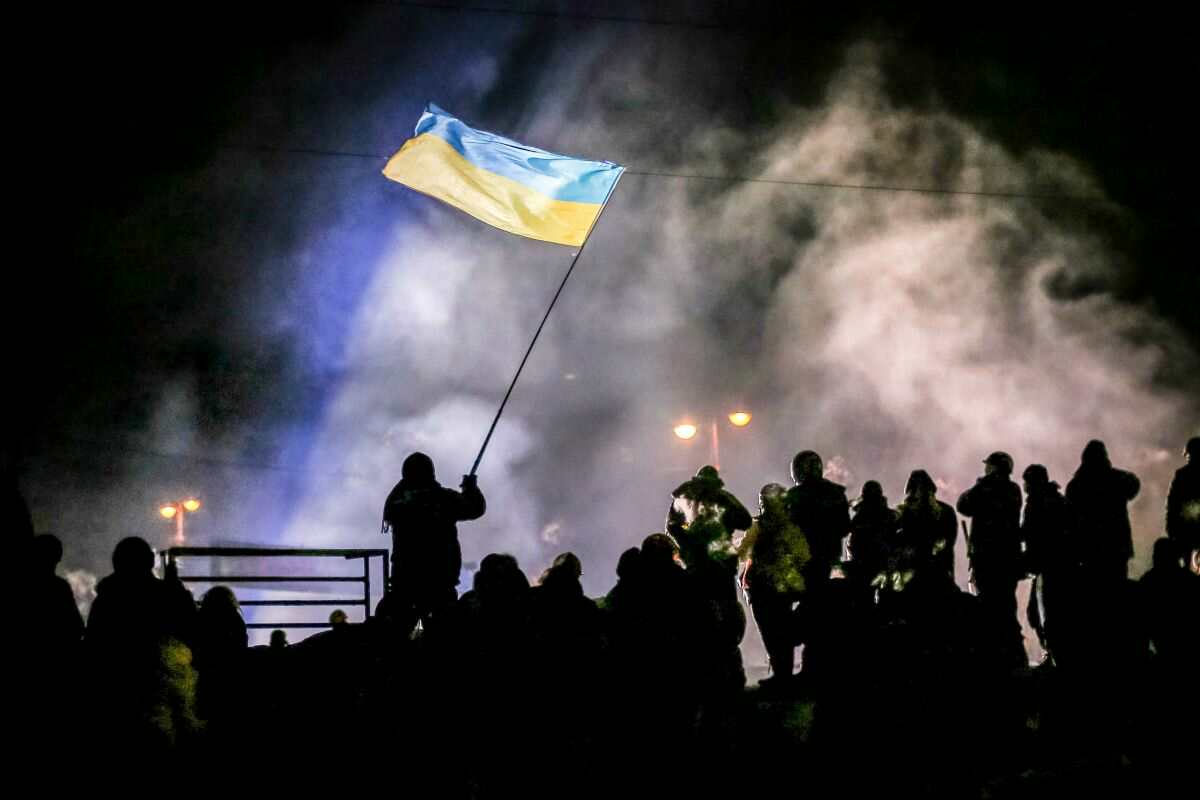
WINTER ON FIRE: UKRAINE'S FIGHT FOR FREEDOM
Director: Evgeny Afineevsky
Synopsis: Documenting the unrest in Ukraine across the winter of 2013 and 2014 that swelled into a revolution.
Festivals: Venice, Telluride, Toronto
Awards: TIFF (People’s Choice Award)
Nominations: N/A
Box-Office: Qualifying run; Netflix
Review: Extremely accessible, but also often thrilling. If you were never entirely up to date on what was actually happening in Ukraine two years ago, Evgeny Afineevsky’s film is an excellent starting point – its opening passages plainly and simply lay everything out for the viewer’s ease. It just also happens that that’s what the rest of the film does, too. From all reports, there was far more going on politically than what Winter on Fire suggests and while that’s not necessarily a problem to overcome, it does upon reflection feel like an oversight. It’s several notches above “The Ukraine Revolution For Dummies”, but it’s also not quite the deeply journalistic account of all sides of the revolt. It’s electrifying and horrific, with Afineevsky’s cameramen (28 credited) capturing some truly abhorrent and ghastly images. Despite its faults, it’s a deeply involving work of filmmaking.
Oscar: Perhaps I am more bullish on Winter on Fire’s chances because I just want one of these excellent documentaries about Ukraine to get a nomination (the Pussy Riot doc was shortlisted two years ago and Ukraine is Not a Brothel deserved to be last year). Or maybe it’s because they nominated the similar The Square(also from Netflix). Or maybe it’s because I figure if they watch the first 15 minutes they will be hooked. It’s quieter festival and award run makes me question its chances, but I think if the branch-members sit down to watch it then it will leave an impact on them.
Trailer
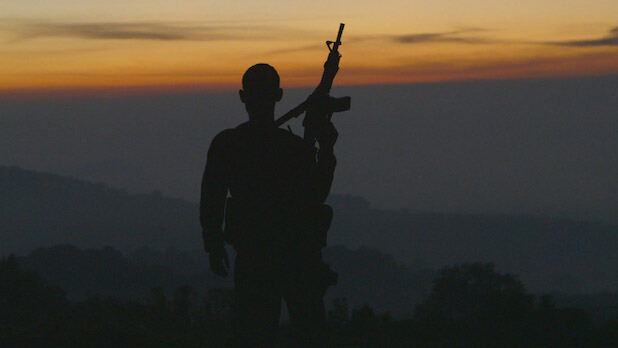
CARTEL LAND
Director: Matthew Heineman
Synopsis: Two groups of vigilantes take aim on the war on drugs. One made up of ex-soldiers hunting the traffickers in an area of Arizona known as Cocaine Alley, while another, further south into Mexico, move from town to town helping to push out the cartels and protect the locals.
Festivals: Sundance (premiere), Tribeca, Dallas, Stockholm, Champ-Elysees, Hamburg, Little Rock, Milwaukee, New Zealand, Adelaide
Awards: IDA (Courage Under Fire Award), San Diego Film Critics, Sundance (Directing + Cinematography), Moscow International Film Festival (Silver St. George), New Hampshire Film Festival (Best Doc), Ashland Independent Film Festival (Honorable Mention), Reykjavik International Film Festival (Audience Award), Sheffield International Documentary Festival (Tim Hetherington Award)
Nominations:Gotham, OFCS, BFCA, Chicago Film Critics, Austin Film Critics, Houston Film Critics Society, St. Louis Film Critics, Washington DC Area Film Critics, IndieWire Critics Poll, Sheffield (Grand Jury), Satellite Awards, Sundance (Grand Jury)
Box-Office: $704,000
Review: There’s no doubt that director Matthew Heineman has been granted remarkable access to some of the various factions of the war on drugs – including, in its alarming opening and closing scenes, the drug makers themselves – and for that alone that makes Cartel Land quite a feat of filmmaking prowess. However, the film is far too resigned to its belief that access equals a great movie, when the filmmakers really could have used their astounding level of access to truly investigate in a deeper fashion. By not doing so, the film becomes somewhat of a blunt sword. The longer it goes, the easier it becomes to be turned off by the frequent graphic violence that so frequently punctuates the narrative. It expects audiences to be blinded by the cartel shoot-outs, the colourful vigilante personalities, and the tense chase sequences and forget that it isn’t really shedding a light on anything we didn’t already know was happening like the drugs, corruption, and Rambo-inspired barbarism.
Oscar: Actually the most confident prediction of all. I’d be highly surprised if Cartel Land missed an Oscar nomination considering it ticks so many boxes. I’m not a fan, but most people are and the remarkable cartel footage should make it irresistible.
Trailer
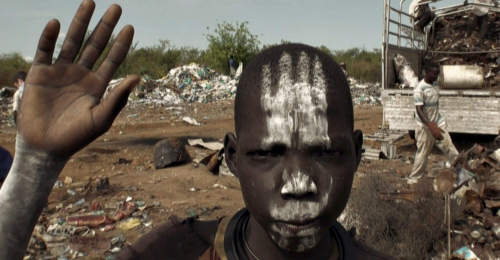
WE COME AS FRIENDS
Director:Hubert Sauper (one nomination)
Synopsis: At the turn of the monumental vote for an independent South Sudan state, director Hubert Sauper arrives in his comical plane to document the new nation’s various states.
Festivals: Sundance (premiere), Berlin, New Directors New Films, San Francisco, CPH:DOX, Montreal, IDFA, Human Rights Arts & Film, Budapest
Awards: Berlinale (Peace Film Award), Sundance (Special Jury Prize – World Cinema), Austrian Film Award, Jihlava International Documentary Film Festival, Planete + Doc (Millennium Award), Viennale (Vienna Film Prize)
Nominations: EFA
Box-Office: $51,000
Review: Sometimes films just fall into place. It took me into We Come as Friends’ second hour to really cotton on to what director Hubert Sauper was doing in this documentation of the diaspora of South Sudanese. By jumping from land to land across the nation, never spending more than ten minutes with a specific person or tribe, Sauper is able to get a fascinating cross-section of the world’s newest independent nation that already finds itself in the grip of poverty and brewing war. We Come as Friends works concurrently as a damning critique of not just colonialism, but the destructive power it wields to this very day long after its demise, as well as the sorrow to be found in the futility of a place like South Sudan ever living peacefully and as anything other than a third world nation. Deeply unsettling and saddening, a brief glimpse of a tanned George Clooney only solidifying the tragedy. This is a pretty powerful work of non-fiction. Far and away the best film on Oscar's 15-wide shortlist.
Oscar: This was initially a surprise when I saw it on the longlist. It really ought not have been and if there’s a “surprise” on Oscar morning, I feel like it may very well be this one. Sauper is a previous nominee (for Darwin’s Nightmare) and it’s easy to see branch members being equally ravished by this exploration of the world’s newest nation. Now that I’ve seen it, I am likely to predict it.
Trailer
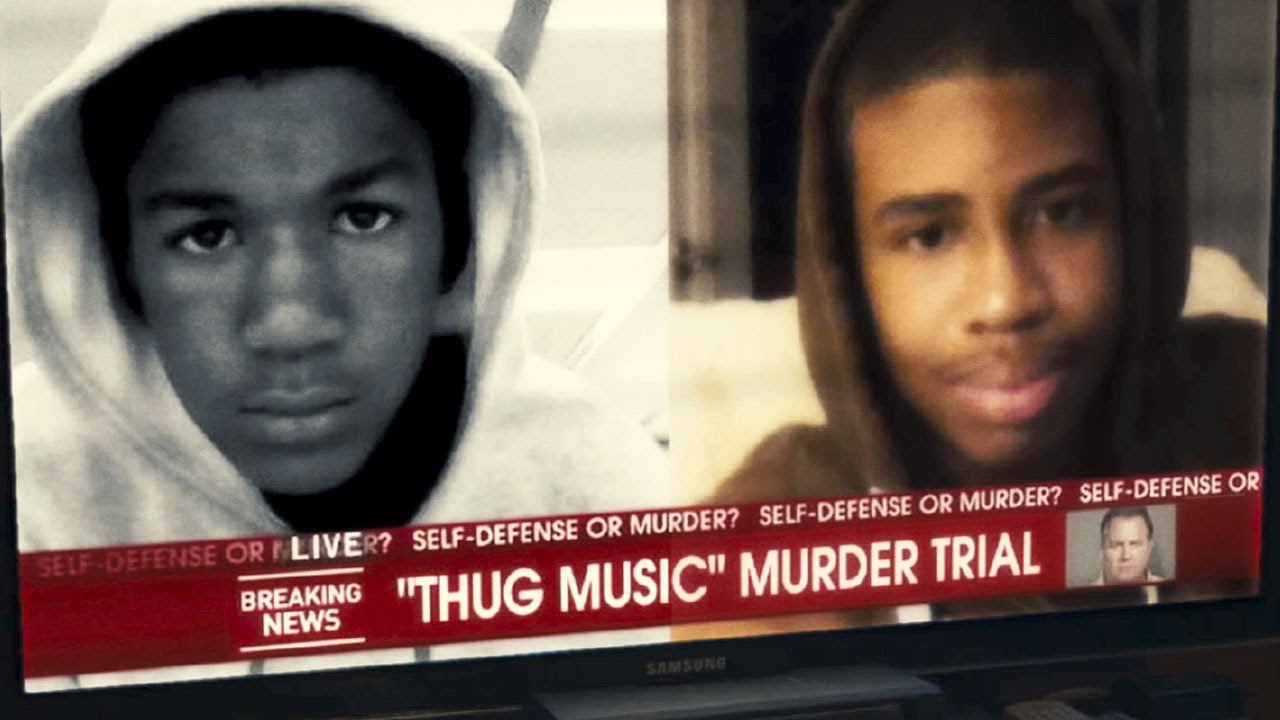
3 ½ MINUTES, TEN BULLETS
Director: Marc Silver
Synopsis: On Thanksgiving of 2012, a young African American man was shot and killed by a man as the result of his playing loud rap music. He is now being trialled for murder but has plead not guilty under Florida’s “stand your ground” laws.
Festivals: Sundance (premiere), Vancouver, Zurich, Jerusalem, East End
Awards: Sundance (Special Jury Prize), African-American Film Critics Association (Top Ten), RiverRun International Film Festival (Audience Choice Award), Sheffield International Documentary Festival (Youth Jury Award)
Nominations: Black Reel
Box-Office: $30,500
Review: The second of two 2015 documentaries I saw covering the death of Jordan Davis after Abigail Disney and Kathleen Hughes' The Armor of Light (which was on the longlist), which used the story of his mother as a counter-balance to that of a pro-life priest tackling gun violence. This film, however, is a fairly simple and standardly compiled documentary following a trail and showing how long before a man was on trial accused of murder, another young man was falsely accused. The tragedy at its narrative core makes for thoroughly engrossing viewing, although the film lacks the propulsive thrust that could have made it a more vital work of filmmaking. Certainly, the trailer (linked below) gives the impression of a far less reserved film. Not that there's anything wrong with reserved, but its television roots are quite plain to Nevertheless, it’s hard not to be moved by the story of Jordan’s parents as they seek to have the memory of their son accounted for by a society that privileges a white man with a gun over that of a black man without one.
Oscar:Unlikely. It doesn’t have the filmmaking thrust to push itself into the nominated five, although hopefully its inclusion in the shortlist will get it seen by more people when it screens on HBO.
Trailer
